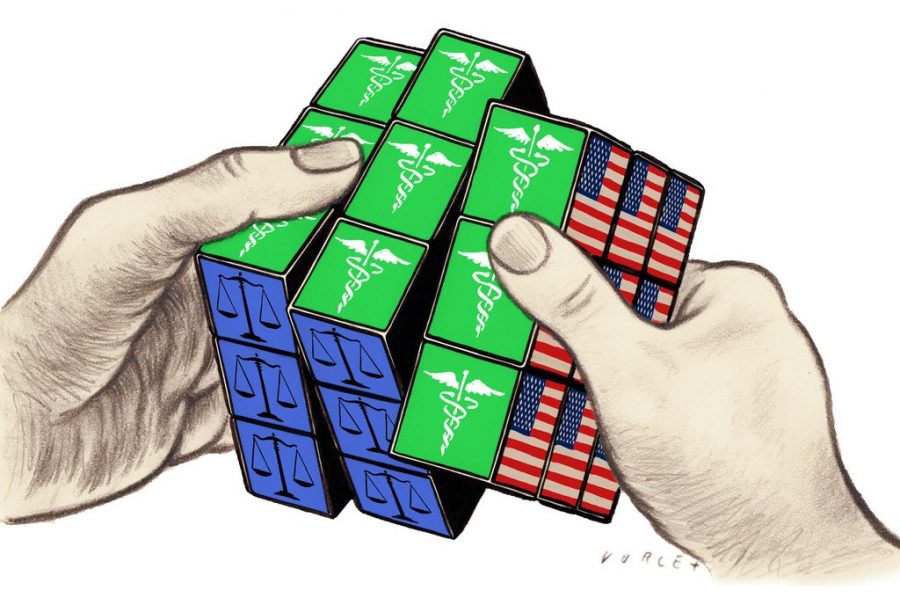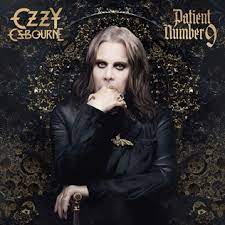First World Country With Third World Problems
Being one of the only first world countries without a system of universal healthcare puts US citizens in a dilemma
November 20, 2018
“I live in constant fear” said Whitney Whitman, a mother to a 7 year old daughter, shared in a Bloomberg Article about how she waited until her daughter had been twp weeks sick before getting medical attention. The visit costed her $275. While balancing student loans, a home mortgage, car payments and credit cards, health insurance couldn’t make the budget because of how expensive it was. Whenever injury occurred, the Whitman family powered through because receiving health insurance was too expensive. Unfortunately, this is just the story of one family among the 27 million uninsured American families.
Existing and new conflicts with health care have made their way into the media, new bills are being passed or vetoed, and universal health care is debated over and over again by politicians, US citizens and high students looking for an argument.
Universal healthcare is a system that provides quality medical services to all citizens in a particular country. In these health care systems, funding is provided by the population through taxes, insurance, or a combination of both.
Although many would argue that people who want health care should pay for their own. The issue of young adults and families living from check to check is overlooked. According to CNBC in a 2018 article, there is an increase of Americans without health insurance, and this rise is most pronounced among younger adults, blacks, Hispanics and low-income people. The increase is the result of undercuts in the Affordable Health Care Act in Donald Trump’s first year of presidency. This meant the Trump administration would stop making important payments to insurers who sold Obamacare health plans, resulting in a spike in prices and more people being left without health insurance.
Many more Americans are now living without health care, and many citizens are not receiving the medical attention they need because health care costs are too high. According to the Harvard Gazette, an estimated 45% of deaths in the US were linked to lack of health coverage. With high healthcare costs, more lives are lost instead of being saved.
Higher healthcare costs mean fewer and fewer people are not receiving treatment for their conditions. According to an OECD study done in 2010, it was found that the US price level of hospital services to be over 60% higher than the average of 12 other first world countries in 2007. This leads to people avoiding treatment all together in order to just buy their weekly groceries or pay their student loans. These higher rates also mean that the government is spending more on health care.
When converting to a system with universal health care, the US government will be cutting back on the amount spent on healthcare and saving money. This is because health care costs will decline. The costs would be much more favorable to consumers. According to the New York Times in 2012, the average cost of coronary bypass surgery was more than $73,000 in the United States, but less than $23,000 in France. The reason for these drastic price differences is the fact France does have a single payer system resulting in the lower costs. With lower costs for treatments, both citizens and the government would be saving money.
Along with money being saved under a universal healthcare plan, more lives would be saved. People would begin seeking medical treatment because it would be affordable and with receiving that treatment, lives would be saved. Citizens would be able to receive the surgeries they need instead of having to contemplate bettering their quality of life over their monthly phone bill. Young adults would no longer need to worry about juggling the price of having a much needed doctors appointment and their student loan.
With universal healthcare, the US government would be saving money, and more importantly, saving lives.







